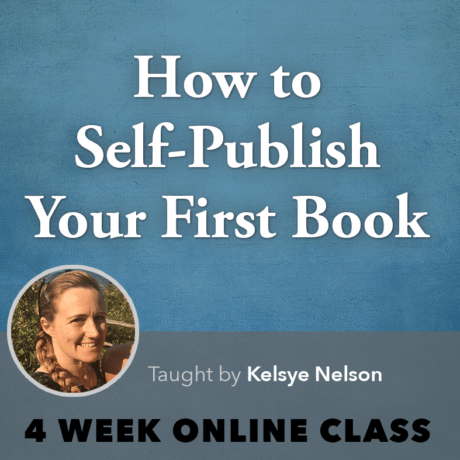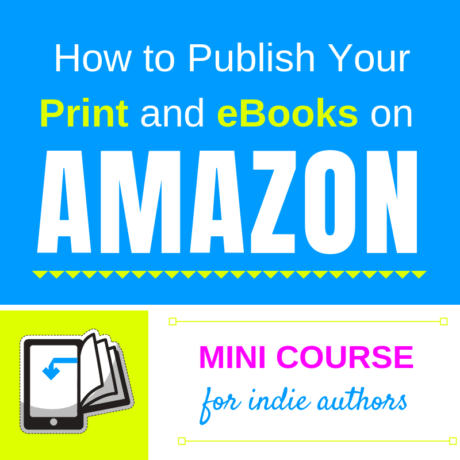

Looking at all the stories and poems out there in the world, it might seem like all the ideas are already taken, all your thoughts already penned, all your words already written. But nobody can quite write the way you do, because no two people view the world in the same way.
And the best way to perfectly express yourself is by acquiring a richer vocabulary. A good vocabulary will make your writing more powerful and will help convey to the reader what you have to say more accurately. When you discover the words that explain every situation, every thought, every idea, every feeling in a clearer and more colorful way, your work will become unique and unrivaled.
Here are some easy ways to improve your vocabulary—easy but must be followed through with consistency.
01. Read Anything and Everything
This might seem like overused advice, repeated over and over again in every book and website by every author. And yet, without a reading habit, improving your vocabulary would be nearly impossible. In fact, when you read any and everything that you get your hands on—no matter what form this reading takes, whether poetry or novels or short stories, or even newspapers and magazines—the less time you’ll have to spend on a word study routine. You’ll discover more words from within a story than you will from word lists and quizzes.
But what makes reading even more important for vocabulary building is the fact that you also see the words in use. Often, the surrounding contextual information is enough for you to deduce a word’s meaning, and makes looking it up in a dictionary quite unnecessary.
02. Play Word Games
Playing word games is a fun way to learn new words. Word games like Scrabble are still popular among children (and even adults) because of the thrill that comes with discovering new words when faced with an opponent.
There are also plenty of word games on the internet with innovative additions to make them more interesting and the words easier to remember. These games not only expose you to new words, but also lets you use them in sentences and everyday conversation.
03. Find Synonyms and Make Word Lists
If you have a tendency to easily forget the words you’ve just learned, make your own word lists. Even when you play word games, write down new words and find their meanings and origins. Divide these word lists into sections to make it easy for you to find them whenever you need to use them.
Nothing makes a piece of writing as dull as the repetitive use of the same few words. If you’re guilty of this, make a list of synonyms for the most commonly used words. Whenever you find yourself overusing a certain word, this list will come in extremely handy.
04. Subscribe to Word of the Day feeds
Online dictionaries often come equipped with many features—from quizzes to crossword puzzles to simple word games. They also choose a specific word for a day and display it on their website with its meaning and its usage in a sentence. Some online dictionaries allow you to subscribe to these word-of-the-day feeds, which will make your vocabulary richer one word a day.
Then include these words on your custom word lists and revise them all at the end of every week to ensure you don’t forget them.
05. Use a Journal
Getting into journaling will help you cement your memory of new words—because you learn to use them in storytelling and therefore become more familiar with the way they’re used. Journaling will also help you improve your writing style and figure out your most natural writing voice.
Use new, interesting words to describe feelings and situations that would once have taken several sentences to convey. This will bring clarity to your writing and avoid cluttering it with unnecessary descriptions.
Adopt a routine that works best with you. Most writers find their words through reading other writers. Some others learn a word a day or engage in interesting (and simple) games and activities. Whatever you opt to do, remember—consistency is key.

Sharika Hafeez
Sharika Hafeez is a nerd, and she’s proud of it. Growing up, she fell in love with books and writing, and is currently following her undergraduate degree (for some mysterious reasons) in Physics. She likes procrastinating by watching the stars with a steaming cup of tea, composing poetry in her head.







0 responses on "5 Simple Ways to Develop a Richer Vocabulary"